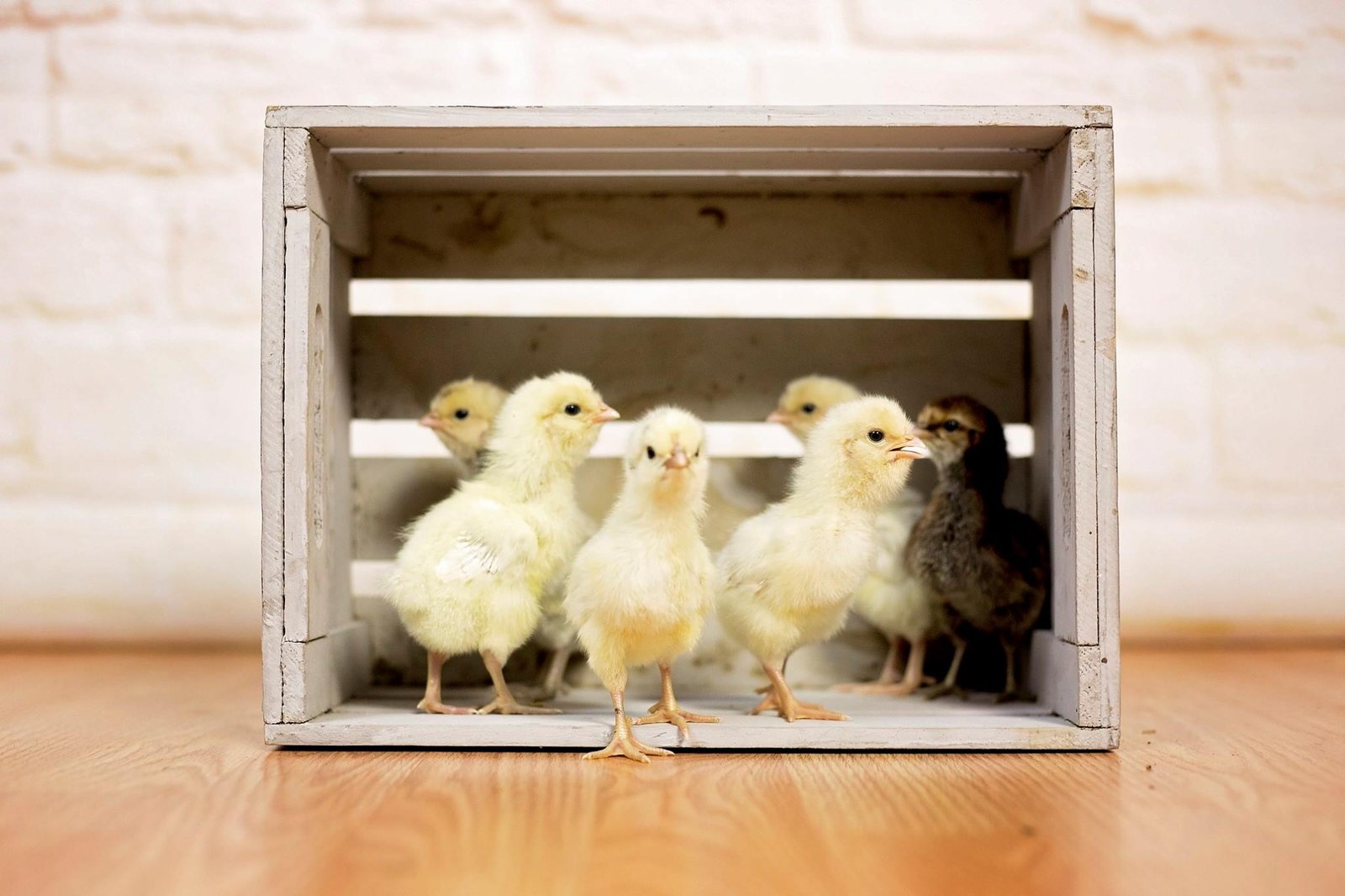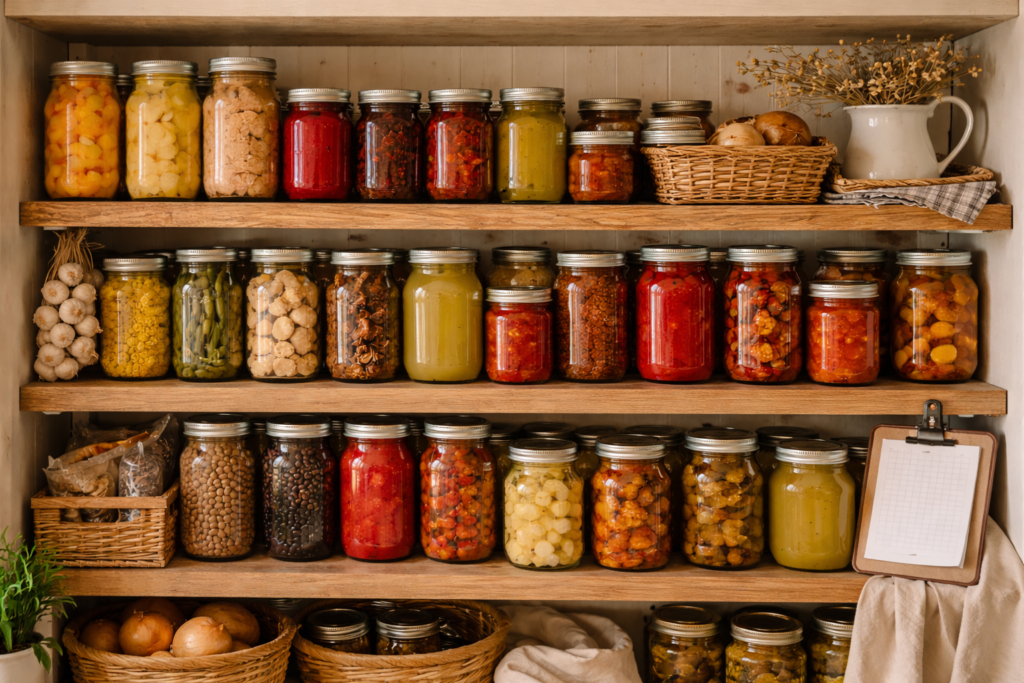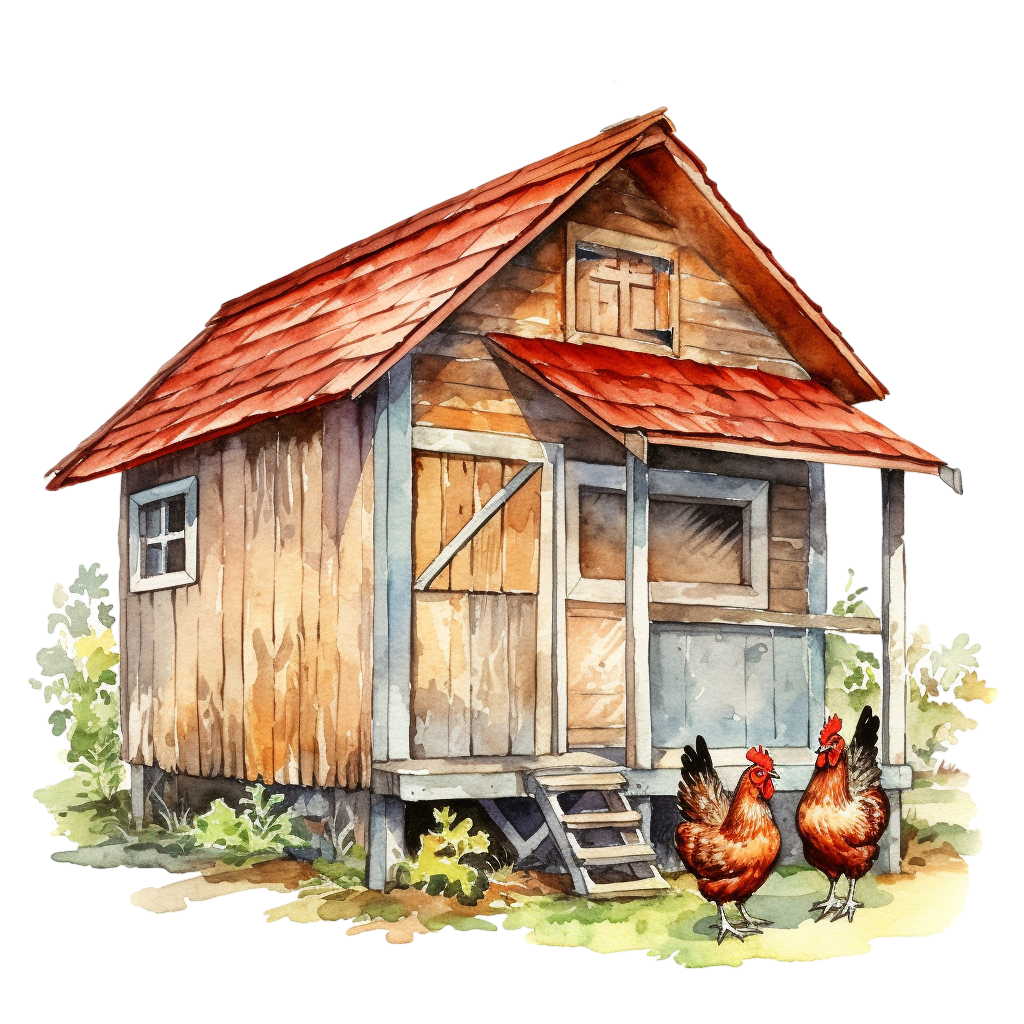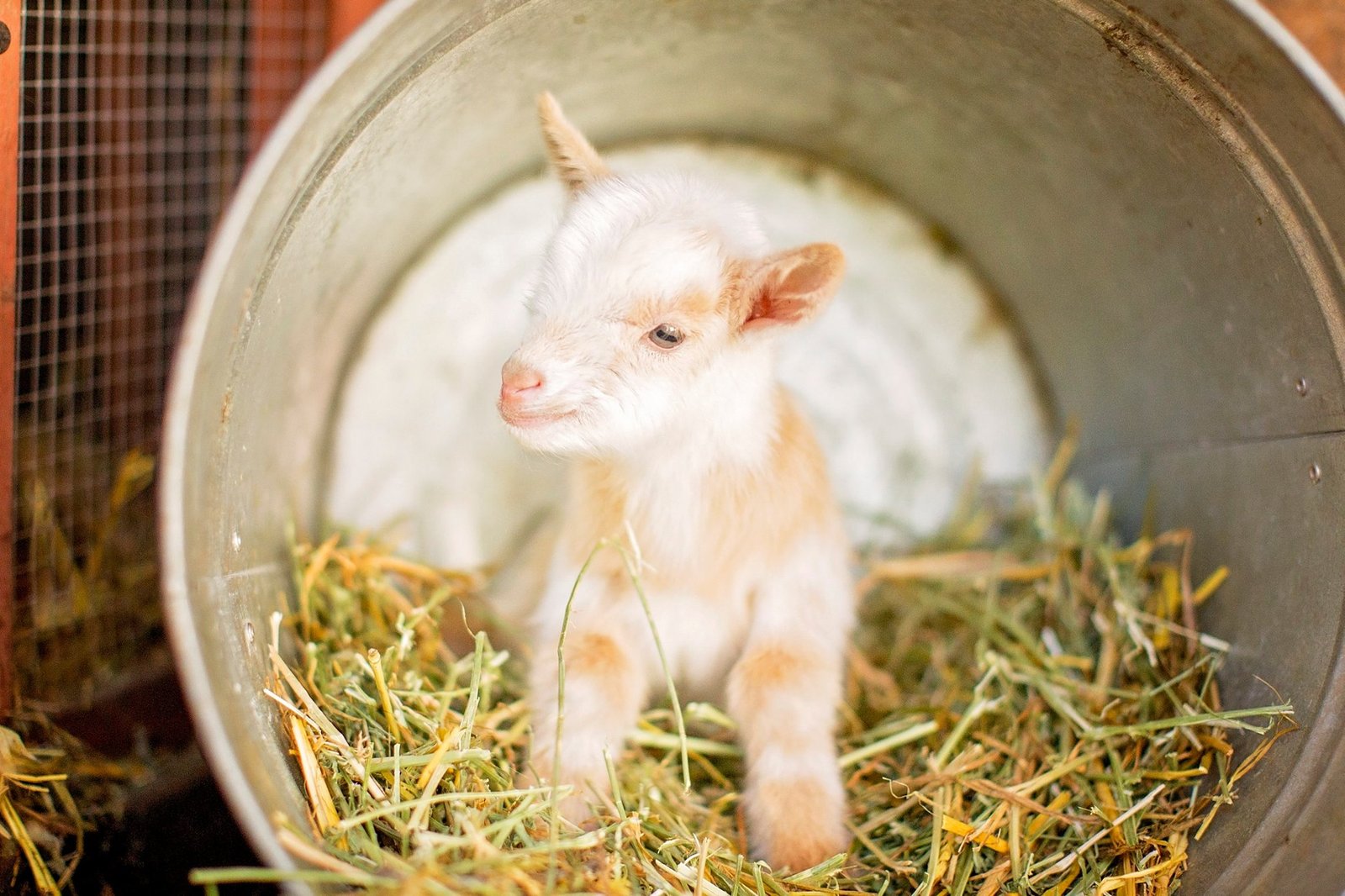Chicks and Chickens
Now that you have your chicken coop in place, it’s time to fill it with chickens! In this section, I’ll be covering where to get hens and chicks, how to hatch eggs and some best practices when it comes to raising chickens.
Where to Get Chicks and Hens
Hens
if you’re looking for chicks, the best place to get them is at your local feed store. Usually, in the spring, they’ll get weekly deliveries of chicks. Check with your store to see what their procedure is so you can be ready. My local store sells out of chicks every week, so anyone that wants chicks signs up on a wait list. Friday morning, I go in to add myself to the list and at noon, I go back to hopefully get a selection of chicks. They just go down the list and if you’re not there when they call your name, it’s the next person’s turn.
Chicks
Facebook Marketplace is a good place to look for hens. I don’t recommend getting chicks on Facebook, however. When you get chicks at the feed store, they have been sexed, so you know you’re most likely getting hens. Home sellers don’t sex their chicks. When you get chicks that haven’t been sexed, it’s called “straight run.” At least 50% of the chicks you get in a straight run will be roosters. Since roosters don’t lay eggs and most cities don’t allow you to have them, you want to make sure you’re only getting hens. Your hens don’t need a rooster in order to lay eggs.

Hatching Chicks
Hatching chicks is super fun, especially if you have kids. How you hatch chicks will depend on how much work you want to put into it.
The first thing you need to hatch chicks is fertilized eggs. If you don’t have a rooster, your eggs won’t be fertilized and will never grow a chick. You can purchase fertilized eggs from home sellers on Facebook Marketplace or on several online stores. If you have a friend with a rooster, you might try asking for some eggs.
How Long Does It Take?
Chickens take 21 days to hatch. They must be kept warm at all times during those 21 days, so you’ll need to do one of two things. If you have a broody hen, she’ll sit on the eggs for you. Just be sure to mark the eggs before placing them under her so you don’t get the fertilized eggs confused with the ones your other hens are laying. They all like to lay eggs in the same box, so it’s easy to get them mixed up.
If you don’t have a broody hen, you’ll need an incubator. These will require the most effort on your part, as opposed to just letting your hen sit on eggs. I recommend an incubator that automatically turns the eggs like this one. These will give you the greatest chance of success.
If you raise the chicks yourself, you’ll need a bit of equipment. I have a brooder plate like this one for my chickens. It keeps the chicks warm and used about as much electricity as a 40 watt light bulb.
Kits like this one can get you started if you want an all-in-one option. You just set it all up in a large crate or container and add chicks.
This is the best option if you want really friendly chickens. Since you’ll be handling them a lot, they’ll get used to you and see you as a friend.
If you have a broody hen, but you want to start with chicks rather than eggs, you can still use your hen to raise them. However, there is a trick to this that you CANNOT skip.
Hens need to be tricked into thinking they hatched the eggs. This is done by waiting until dark and slipping the chicks under her. Wear gloves and just shove them under her, gently but quickly. In the morning, she’ll think she hatched them.
If you don’t trick her by doing this after dark, she’ll kill the chicks. Don’t try to do this in broad daylight. It won’t work.

Caring for Chickens
As far as animals go, chicken are one of the easiest animals to raise. All they really need is access to clean water, food and a safe place to sleep and lay eggs. That’s about it. If you provide well for them, you’ll have years of regular egg production.
Chickens need water. Lots of it. If they have constant access to clean water, they’ll produce better eggs. If you let their water get a bit dirty before changing it, they won’t produce as much and will be more susceptible to illness. Clean water daily will do the trick.
Some animals need to be fed in smaller portions to prevent overeating. Chickens aren’t one of them. Chickens should have food available at all times. They don’t have teeth, so they find little rocks to keep in a little pocket in their throat to help break up the food they eat. If you don’t have your chickens outside, provide a bowl with some decomposed granite or crushed clam shells. They’ll eat them as needed to help with digestion. My chickens dig through the dirt for rocks, but they have a container of food available at all times.
Shelter
Chickens need to be protected from predators at all times. They are easy prey and predators know this. Don’t take any chances with your chickens, especially if you don’t have a rooster to protect them. Yep, there’s a reason roosters are usually aggressive.
Chickens also need a place to roost. This can be as simple as a bamboo pole or a closet hanger pole propped up in the coop. They don’t like to sit on the ground at night and you should provide a higher place for them to roost at night.
Bedding
Pine shavings are standard bedding for chickens. You can spread them on the floor of the chicken coop or just keep the shavings in the brooding boxes.
It’s essential to have bedding in the brooding boxes. This is where the hens will lay their eggs. Clean bedding means clean eggs. If you notice your eggs starting to get more and more dirt and grime when you collect, it probably means you need to replace the bedding. Fresh bedding means clean eggs, every time.
Treats
Chickens love treat just as much as everyone else. My chickens get all of our kitchen scraps daily. I’ll also give them trimmings from my garden and they absolutely love it when I save our watermelon rind for them.
Cracked corn is a good treat as well as black oil sunflower seeds. Mealworm can be purchased dried or you can raise your own pretty easily.
Just remember that chickens need a certain amount of calcium to produce those eggshells. Too many treats will reduce the amount of balanced feed they eat, which means your eggshells will become weak and production in general may decrease. Treats are great, but in moderation.

Conclusion
Raising chickens is ridiculously fun and rewarding. If you’re looking for something to get you started, I highly recommend chickens.
Be sure to check with your city ordinances before getting chickens. Most cities allow at least some chickens, even on small lots. When I lived on 1/8 acre in tract housing, I was allowed up to 6 small animals. This meant I could have my dog, my cat and 4 hens. Roosters were not allowed within city limits, which I wouldn’t have done to my neighbors even if I was allowed to have one.
Now, I live on one acre and can have pretty much as many chickens as I want. I’m in a different city, but the same rooster rule applies. Most of my neighbors have roosters anyway, but they don’t bother me. I know where to go if I need fertilized eggs!






